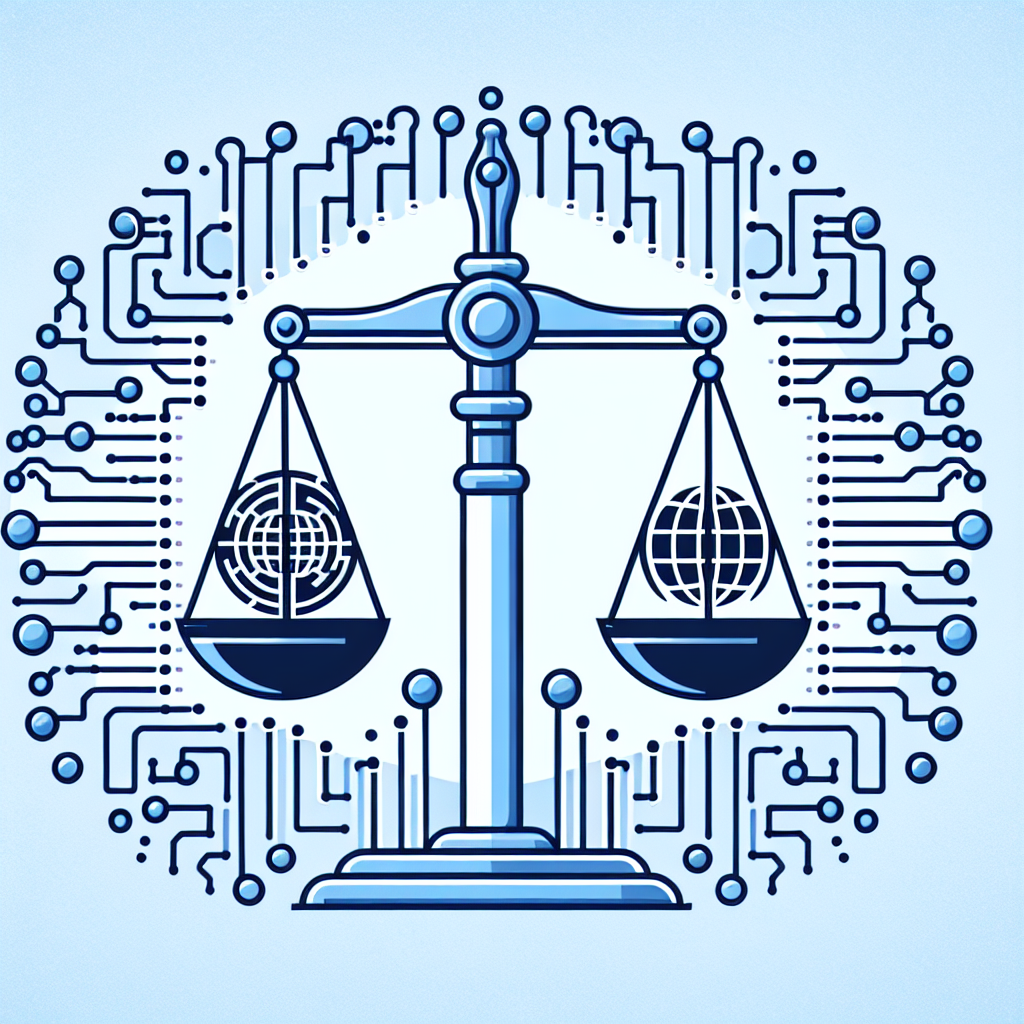Artificial Intelligence (AI) is revolutionizing industries across the globe, and immigration law is no exception. With the increasing complexity of immigration policies and procedures, AI technologies are being utilized to streamline processes, increase efficiency, and improve accuracy in the immigration law field.
AI in immigration law is being used in various ways, from document analysis and processing to case management and legal research. These technologies are helping immigration lawyers and government agencies to handle the growing volume of immigration cases more effectively and efficiently.
Document Analysis and Processing
One of the key areas where AI is making a significant impact in immigration law is in document analysis and processing. AI technologies are being used to scan and analyze large volumes of immigration-related documents, such as visa applications, passports, and other supporting documents. These technologies can extract relevant information from these documents, such as names, dates, and other key data points, and input them into databases or case management systems.
By automating the document analysis and processing tasks, AI technologies are helping immigration lawyers and government agencies to speed up the processing of immigration cases and reduce errors. This not only saves time and resources but also improves the overall accuracy of the immigration process.
Case Management
Another area where AI is being used in immigration law is in case management. AI technologies can help immigration lawyers and government agencies to track and manage immigration cases more effectively. These technologies can automate various tasks, such as scheduling appointments, sending notifications to clients, and updating case statuses.
By using AI-powered case management systems, immigration lawyers can streamline their workflows, improve communication with clients, and ensure that cases are progressing smoothly. This can result in faster case resolution times and increased client satisfaction.
Legal Research
AI technologies are also being used in immigration law to assist lawyers in conducting legal research. These technologies can sift through vast amounts of legal information, such as statutes, regulations, and case law, to provide lawyers with relevant and up-to-date information on immigration issues.
By leveraging AI-powered legal research tools, immigration lawyers can access comprehensive and accurate information quickly, allowing them to make informed decisions and provide quality legal advice to their clients. This can help lawyers to stay ahead of changes in immigration laws and policies and better serve their clients.
FAQs:
Q: How is AI being used in immigration law?
A: AI is being used in immigration law in various ways, such as document analysis and processing, case management, and legal research. These technologies are helping immigration lawyers and government agencies to streamline processes, increase efficiency, and improve accuracy in handling immigration cases.
Q: What are the benefits of using AI in immigration law?
A: The benefits of using AI in immigration law include faster processing times, reduced errors, improved accuracy, streamlined workflows, better communication with clients, and access to comprehensive and up-to-date legal information.
Q: Are there any challenges in using AI in immigration law?
A: While AI technologies offer many benefits in immigration law, there are also challenges to consider, such as data privacy concerns, ethical issues, and the need for proper training and implementation of these technologies. It is important to address these challenges to ensure the successful integration of AI in immigration law.
In conclusion, AI technologies are transforming the practice of immigration law by providing innovative solutions to complex challenges. By leveraging these technologies, immigration lawyers and government agencies can improve efficiency, accuracy, and client satisfaction in handling immigration cases. As AI continues to evolve, its role in immigration law is expected to grow, offering new opportunities for enhancing the practice of law in this field.

